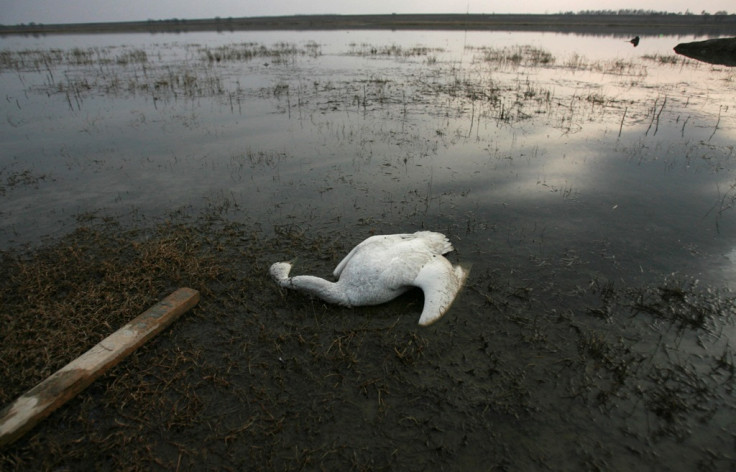China's Shrinking Wetlands Add Pressure to Water Shortages

China's wetlands have shrunk by about 9% since 2003, affecting food, energy and industrial production, which are already under pressure from water shortages.
The world's second-largest economy is home to more than a fifth of the planet's population but has only 6% of its freshwater resources.
Since 2003, wetlands spread across 340,000 sq kms, an area larger than the Netherlands, have vanished, said officials of China's State Forestry Administration (SFA). Wetlands have been lost to agriculture, large infrastructure projects and to climate change, the SFA added.
Wetlands lost to infrastructure projects shot up tenfold since Beijing's last survey in 2003, Zhang Yongli, vice director of the forestry administration told a news conference.
In addition, about 70% of China's energy production depends on water-intensive coal power and coal use is forecast to increase between 2% and 3% annually over the next five years, UOB analyst Kay Hian told Reuters.
China will be looking to grow more food, and more food in wetlands, as urbanisation continues.
Wetlands store a large amount of China's freshwater resources, and shrinking wetlands would lead to water shortages in the future, Debra Tan, director of Hong Kong-based non-profit China Water Risk, told the news agency.
Large parts of the nation, especially to the north, already suffer water shortages.
"The investigation shows that China is facing various problems with wetlands protections," said Zhang, adding that loopholes in protection laws had further endangered the receding wetlands.
"This will add to the pressure and increase competition for water going forward," Tan said. "China will be looking to grow more food, and more food in wetlands, as urbanisation continues."
A study by the World Resources Institute last October showed 51% of all planned coal-fired power plants in China are to be built in regions with severe water shortages - forcing energy production, agriculture, manufacturing and households to compete for the scarce resource.
China expects to invest $660bn in projects that boost water supply this decade.
From 2011 to 2015, that nation intends to spend 12.9bn yuan to safeguard its wetlands.
While 9bn yuan was put aside to protect wetlands between 2005 and 2010, just 38% of those funds were actually allocated, Zhang added.
© Copyright IBTimes 2025. All rights reserved.






















